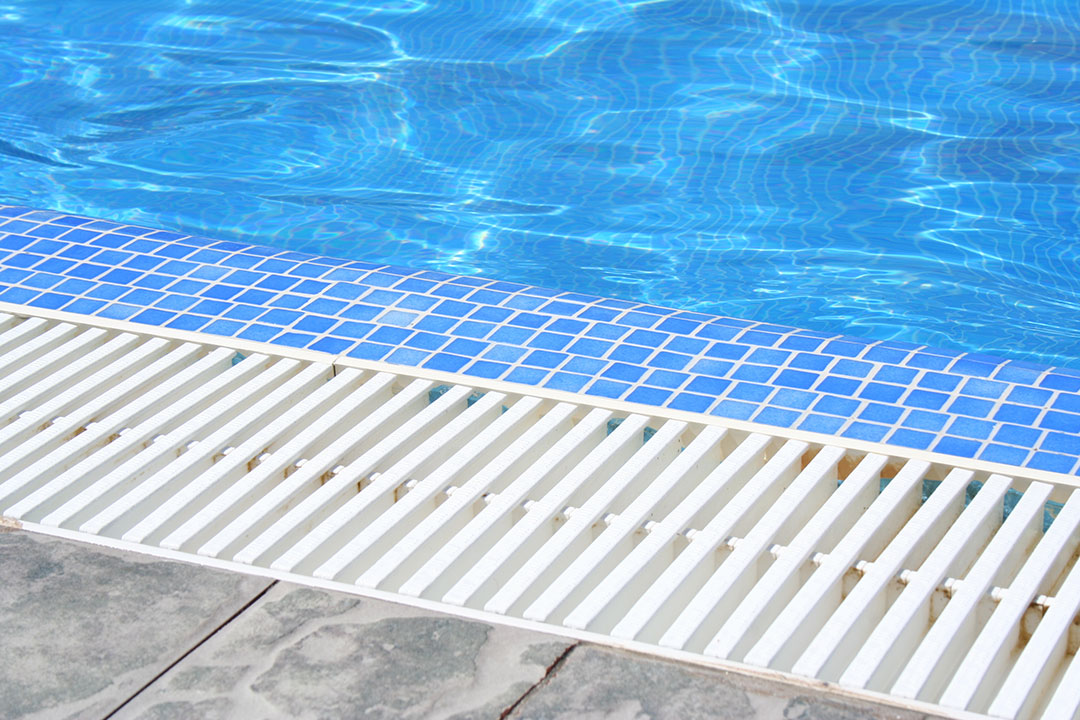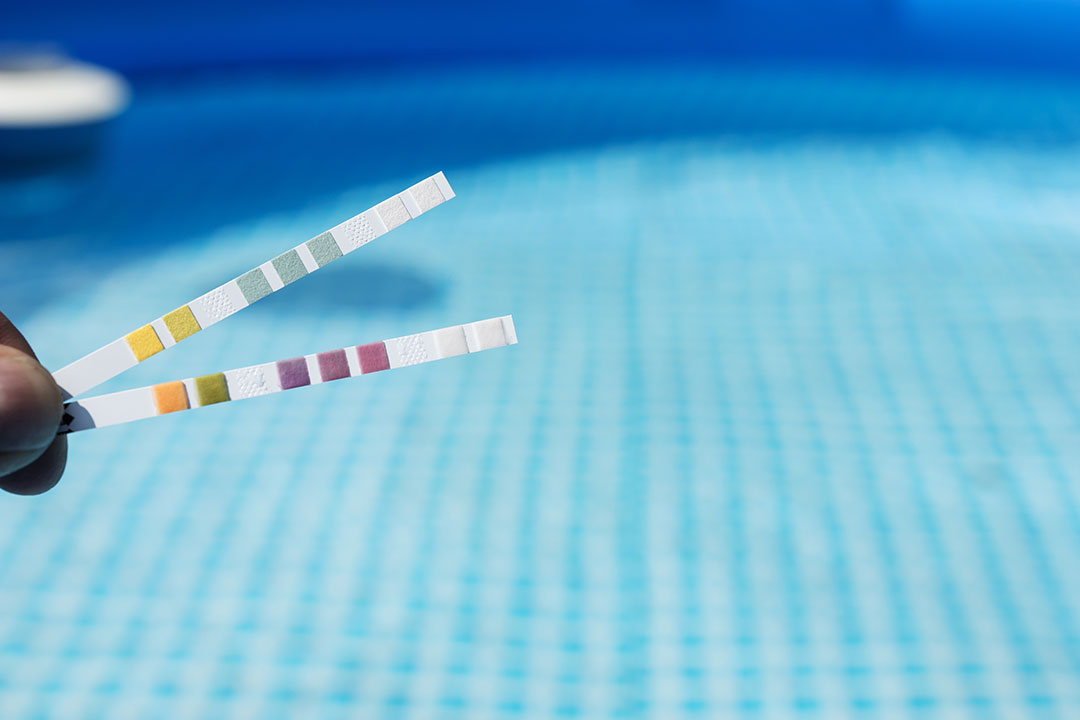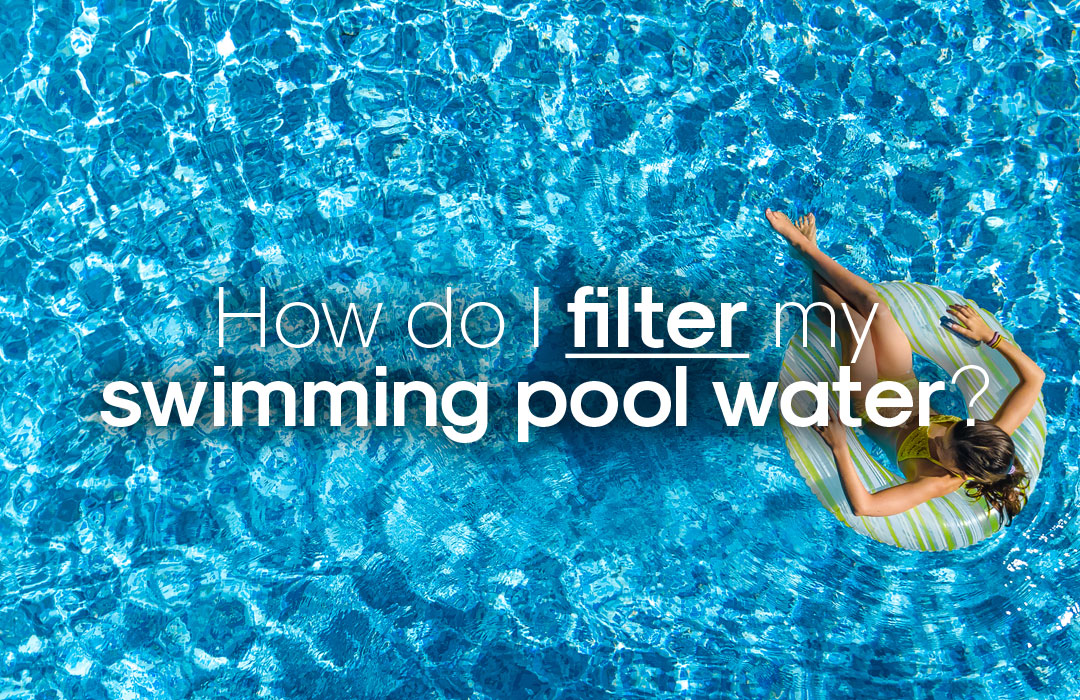Alive Water
How do I filter my swimming pool water?
Finally, we’re leaving the cold months behind and in just a couple of weeks, summer heat will take over. In this light, it’s about time to start preparing for the swimming pool season! And the first step should be finding ways to keep our pools fresh and sanitary at all times.
We all know the importance of chlorine and chloramines to keep our pool water entirely safe from possible bacteria and infections, but sometimes it is not enough. So, to keep your pool fully ready and fit for your summer swims, it’s ideal for installing a pool filter. You might be having questions now; which is the best swimming pool water filter? How often should it be filtered? And where do I buy my next filter? Fret not! We have all the answers for you right here; keep on reading more to find out all about water filters for pools.

How often should pool water be filtered?
One of the first questions that come up regarding pool water filters is why it is necessary and how often pool water should be filtered. To start off with, its essential to filter your water for a couple of reasons:
- Chlorine and chlorimides can only clean a certain percentage of bacteria or infections with the pool water. For complete sanitation, larger doses of chlorine need to be used.
- High chlorine levels may be too irritating to the eyes, skin, and hair.
- Lack of continuous filtration may lead to algae build-up
- Infections may spread
So how often should the pool water be filtered? The filter installation in the pool should operate continuously, filtering and cleaning the water constantly. This way, debris, bacteria, or any human deposit (such as sun cream, body lotion, or shampoo) will be eliminated on the spot. As filters will constantly be running, the next thing to also do is to clean the pool itself regularly and check your pool water filter maintenance frequently.
Let’s look at some of the best pool filtration systems and how much you might have to spend on pool water filters.
Which pool filtration system is best?
Various pool filtration systems are on the market, so how do you choose the best fit for your pool? We’ll break down four different types of pool filtration systems you might choose from, and you can see which would best work for you.

Sand Filter
This is the smallest filter in terms of size, though it can turn out to be quite heavy. These are a favorite of many due to their accommodating pricing and easy maintenance and require a replacement only every 5 to 8 years. The drawback of the sand filter may be that it can only filter debris of 20 to 40 microns (the lower the number, the better the filtration rate), thus may not filter out everything well, making it suitable for smaller pools that don’t have much debris or used infrequently.
Cartridge Filter
Cartridge filters are one of the most often used pool filtration systems as they are the choice of filters for a large number of spas and above-ground pools. A cartridge filter is relatively affordable, but it is able to capture debris that is as small as 10 to 15 microns without impacting the water chemistry and requires replacement every 2 to 4 years. The downfall of cartridge filters is that they aren’t suitable for large or commercial-sized pools, so this filter might not be your choice of the filter if you have a large-sized pool.
Diatomaceous Earth (D.E) Filter
Diatomaceous earth (D.E) filter is one of the strongest pool water filters on the market, and it gets its name from a sedimentary rock that is used to filter water. D.E filters are coated with DE powder to filter out the water and can filter out the smallest particles compared to cartridge and sand filters. Replacement is required every 2 to 3 years, with cleaning required every six months. It is higher in price and is especially useful for large and commercial pools.
Vortex Water Treatment
Vortex water treatment as a pool water filtration system is one of the most innovative pool water filters on the market. It focuses on restoring the micro-clustered molecular form of the water in order to bring back all of the unique properties of vortex water. The water treatment requires no replacements or maintenance as it is there to imitate the natural flow of water that takes place in mountain springs and glacial waters. Your pool water will not only be fully clean, but it will also have balanced pH levels and higher hydration, a swimming experience at its finest.

How much does an inground pool filter cost?
We discussed just how important it is to actually install a filter in order to keep your swimming experience at its best and the different types of pool filters you might want to buy, but just expensive is it?
As you might have guessed already, the prices differ vastly depending on the type of filter you have, the maker of each of these filters, and the added cost of maintenance fees.
For instance, a sand water filter may be much cheaper, but it might not cover all of the pool areas you are looking for. Or for instance, D.E filters are not only pricy but require frequent cleaning and adding of D.E powder, all of which add up in costs. On average, roughly estimating the initial costs of a pool filter can range from 500$ to 2000$ depending on the type of filter, the size of the pool, and the make of the filter.

Where to buy the best water filter for pool?
Now, you’ve decided to buy a pool water filter, so where do you buy it? You have a few options to go to; first and foremost, we have amazon, the fastest choice on the internet for all different types of pool filters. The next option would be to find it in your nearest appliance store or on the retailer’s website.
Out of all the pool water filtration systems, the one that caught your eye is the vortex water treatment. Then the best option would be The Vortex Water Revitalizer™. The purchasing, installation, and maintenance of your pool filter have never been simpler and more affordable.
As we’ve mentioned, vortex water treatment brings your pool water to its most optimal state, with numerous water properties to make your swims more pleasant than ever before. Here are some of the ways vortex water will make your swim the best it can be:
- Fully sanitized pools with eliminated bacteria, infections, viruses, and contaminants. Vortex water is able to self-clean continuously, keeping your water in its most clean state at all times.
- Balanced pH levels, keeping the water chemistry in necessary conditions, and preventing the rusting and corrosion of your pool and appliances.
- Maintain the essential minerals of water–it helps your skin and hair not be dehydrated or irritated after swimming.
Discover your pool water filter over at The Vortex Water Revitalizer™. You can find the ideal filter for your pool at a click, with a secured 60-day money-back guarantee and a 10-year warranty.



Related Blogs
How To Energize Water Daily?
We all know the benefits of consuming water; we read about the importance of drinking [...]
Oct
Structured Water: Is It Worth the Hype?
Over the past few years, water and its benefits have taken the internet by storm. [...]
Aug
Best Whole House Water Filters Systems of 2022
Clean water is an indispensable resource, which modern piping supply systems have made more accessible. [...]
Jan
Are You Drinking Enough Water?
Water is an essential element for life. Life on earth or any other planet is [...]
Aug
Experiencing Positive Change with the Vortex Water Revitalizer
In the world of business, customer feedback is a treasure trove of insights. It not [...]
Dec
Best Whole House Water Filters Systems of 2023
Clean water is an indispensable resource, especially for our health. In order to reap the [...]
2 Comments
Feb
Purified Water vs Spring Water: Which One Is Healthier?
Nature has given us everything to fulfill our human needs on earth. Amongst all of [...]
Jul
Discover a World Where Water Works Wonders with the Vortex Water Revitalizer
The transformative power of water is something that speaks directly to the core of our [...]
Feb